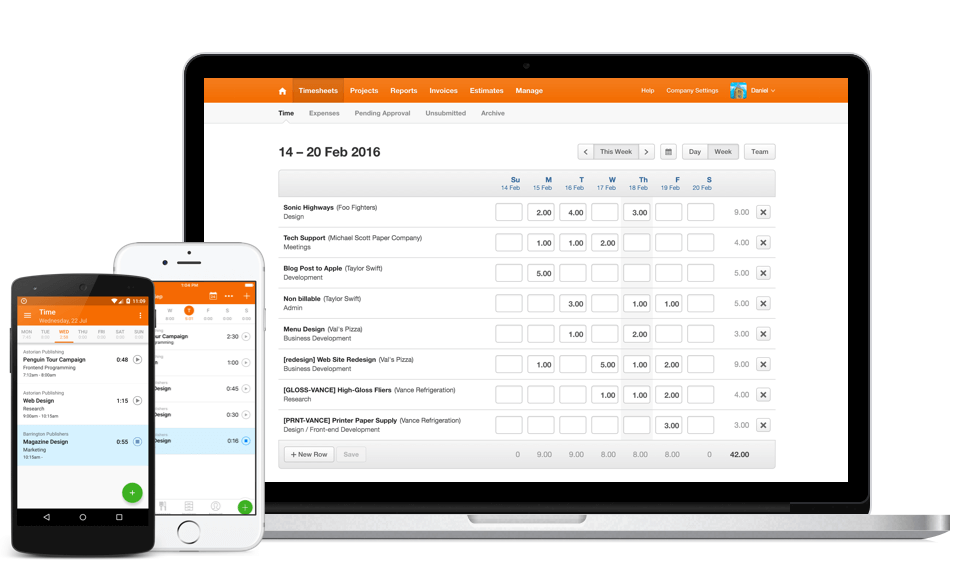
Tempo de leitura: 3 Minutos
Stress is often common in our working lives, which is why it’s so important to manage it right. As many as 60% of workers worldwide experience stress, a figure that reaches 86% in China. These high numbers aren’t good news for anyone: when employees are stressed, they won’t feel content with their work.
What’s more, the International Labour Organization has noted that stress – and subsequent productivity loss – costs Europe alone around €617 billion each year. The good news is that many companies and global campaigns have caught on to these issues and are actively helping us find productive ways to deal with this common feeling and its consequences.
Understanding the symptoms
Stress is a normal response to physical, mental or emotional pressure, and it’s not just something in your head. It can also cause your blood pressure and heart rate to rise. Stress can be good now and then, but your body needs to take time to recover from these moments, and constant or regular stress causes long-term symptoms. Look out for:
- momentos em que você se sentir sobrecarregado, ansioso ou assustado
- falta de concentração
- dores de cabeça
- dificuldade para dormir
- dores musculares

Try breathing exercises
Our breathing patterns are connected to our feelings and moods, which is why mindfulness and meditation techniques are helpful. When you’re stressed you take quick, shallow breaths that restrict the diaphragm (the muscle under your lungs), making you feel short of breath and anxious. Taking slow, deep breaths makes you feel more relaxed. Many neuroscientists have confirmed this link between slow breathing and relaxation. As well as yoga, meditation or mindfulness activities, some health organisations recommend apps like Headspace, Calm or Stop, Breath and Think.

Scrutinise your diet
Eating foods that are rich in fibre and carbohydrates like sweet potatoes, roasted vegetables and rice, boosts your body’s serotonin production to help you relax. Keep a supply of healthy snacks at work, and plan your meals ahead to avoid turning to easy ‘comfort’ foods. If you’re feeling stressed, it can also help to cut back on coffee, as caffeine increases your heart rate and can prevent you from sleeping. Instead, turn to herbal or low-caffeine teas.

Control your workload
Stress has been highly linked to heavy workloads and our overly connected lives, so it might be time for you to take back control of your calendar. This means making use of the latest time management software tools, like Harvest, Toggl and TimeCamp to assign periods for your main tasks. And make sure you give yourself substantial breaks in your schedule where you can be away from your laptop and phone, and therefore are able to properly switch off.

Manage your work-life balance
With more flexible and remote working options than ever before, we should be able to strike a better balance between working and relaxing. Our research found that 53% of global workers felt that remote working made them more productive, and 56% said it helped them concentrate. So finding the right balance is a good move for both you and your business. Try signing up for a flexitime policy that allows you to plan your work schedule around your life, rather than the other way around.

Improve your environment
Your offices or meeting rooms need to be positive working environments, for both you and your employees. An Exeter University study showed that workers who have control over the design and layout of their workspace are generally happier, healthier and up to 32% more productive.
Add some relaxing greenery in the form of leafy plants or opt for some inspiring art to boost your creativity. It’s not just a luxury: it’s a new essential to keep you and your workforce happy and stress-free.


